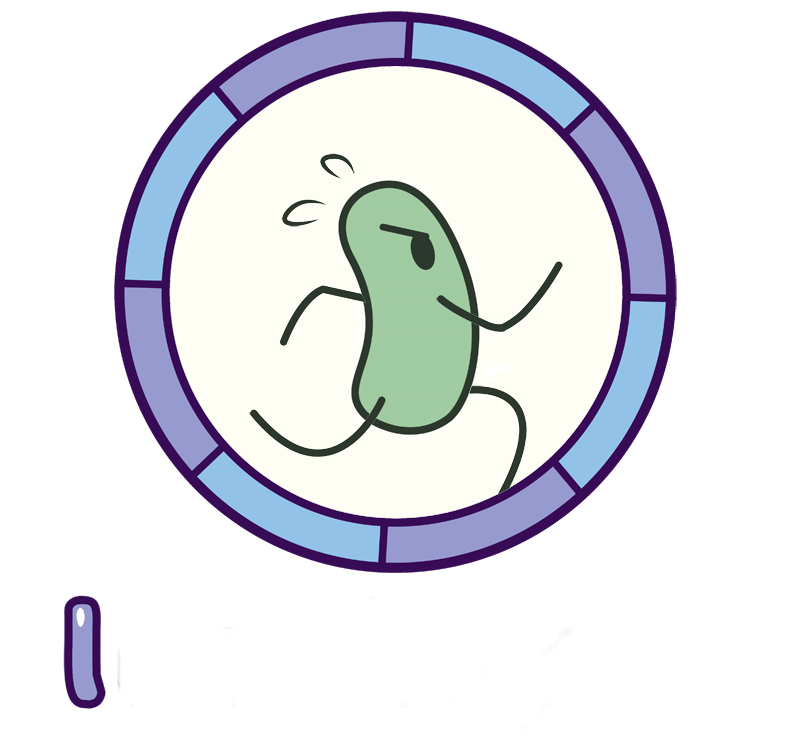Evelyn-Rui (Talk | contribs) |
Evelyn-Rui (Talk | contribs) |
||
| Line 38: | Line 38: | ||
.intro1{ | .intro1{ | ||
| − | height: | + | height:219.5vw; |
width:20%; | width:20%; | ||
right:0vw; | right:0vw; | ||
Revision as of 00:08, 11 October 2021


Preliminary Findings
We designed a number of human practice events to generated positive feedback on the establishment of our project and prompted optimization of it.
Advice for Our Project
When we first began the program, we encountered many difficulties. Although we have previously taken near-professional level courses on synthetic biology and practiced the techniques. We still lack knowledge regarding applications and difficulties in the industry. Literature analysis and traditional means of learning cannot satisfy our needs and firsthand experience is required.
Fankang Meng: PhD in Synthetic Biology at Imperial College London, United Kingdom
Our tutor Fankang Meng provided us with valuable knowledge based on his own first-hand experiences making bio-products. After a 30 minute long conversation, we gained a considerable amount of knowledge on synthetic biology on the field. We learned that contamination and possible escape are the key factors in the application of synthetic biology, providing us with a potential focus in later development of our program.
Public Survey
The goal of the project (this suevey) is to help synthetic biology get out of the laboratory and make important contributions in practical applications. First, we analyzed the limitations of synthetic biology in daily life through questionnaires and public surveys.
Our survey included 15 multiple choice questions, which were designed to measure the public's knowledge on synthetic biology and their opinion concerning bio-products in general and our products in specific.
The conclusion are as the following:
- - The general public have limited knowlege on biosafety, and many people are unaware of the close relationship between biosafety and their daily lives.
- - Though lacking pre-knowledge, the vast majority of people are willing to increase their understanding of biosafety, among which most people are willing to acquire knowledge through conventional means, which include short videos, WeChat articles and other media methods. On the other hand, about 30% of people want to get it through scientific lectures.
- - On legal sectors, most people don’t know what the state is doing to maintain biosafety and the vast majority of them do not understand the products developed for maintaining biosafety.
- - On synthetic biological products connected with our subject, the masses are generally more accepting of hydrogels that will not enter the human body.
Project Design
We discussed the design ideas of the project with a number of experts: After completing the initial Proposal, we communicated with a number of experts and got tangible feedback.
Exchanging emails with authors who develop technologies related to our program: During project design and experiment, we encountered many problems. We solved these problems through emails, etc., and received effective suggestions and feedback.
Project Application
Law
At present, the attention of all sectors of society to biosafety is gradually increasing, so we tried to produce our biosafety law proposal. This action not only conformed to the international views, but also contributed our own strength to biosafety as high school students. At the same time, our project is closely related to biosafety. We aim to prevent the escape of microorganisms and improve current tracing system through our product, providing safer material for synthetic biology.
Through reviewing related data and closely studying the Tianjin Biosecurity Guideline for Codes of Conduct for Scientists recently developed by Tianjin University, we have come to the realization that it is necessary to help the public regain trust and hope in biotech driven applications by providing sources to relevant knowledge while also enhancing current biosafety regulations.
Based on the above considerations, we have proposed the following suggestions aiming to further perfect some aspects of the current biosafety legislation (of China). Despite being high school students, we still hope we can be involved in aiding current regulations to keep pace with frontlines of biotechnological development.
Through the process of polishing our proposal, we interviewed a few experts in biosafety field, who offered us precious and effective advice.
For more details please click the button belowEducation
On Oct.27, our team participated in the CCIC for IGEM teams in China. During the event, we shared our project and experiences in human practice with other teams. Moreover, we are able to communicate with professionals working in related sectors and gain their help in future programs.
As our survey shows, the general public lacks knowledge on synthetic biology. As a key future consumer and producer in synthetic biology, students, especially high school students, are obligated to learn more about bio-safety. Thus we planned an online class and several off-line programs at local high schools. The program contains two lectures and one orientation. These programs mainly focus on the current status of synthetic biology, codes including the crucial Tianjin guidelines,and solvencies for problems the industry is facing. After our lecture, a vast majority of students felt that they have gained a considerable amount knowledge on biosafety, and many believed that they will be willing to use these bio-products once they are proven safe.
For more details please click the button below
